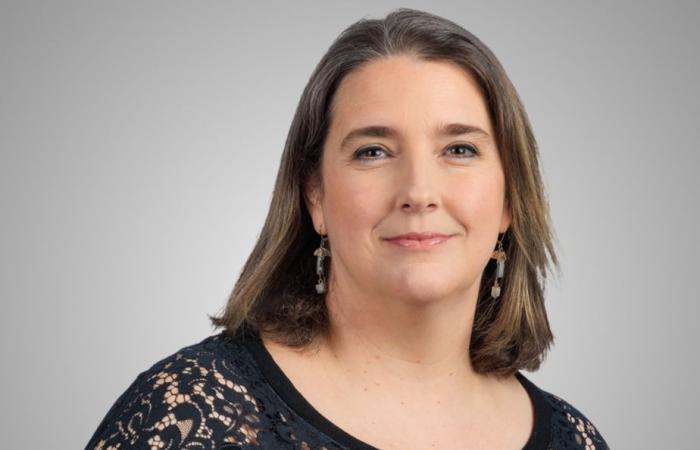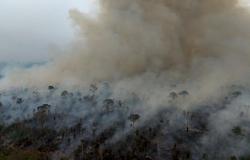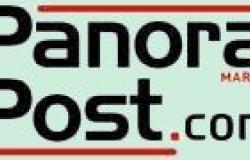Many leaders around the world listened to Donald J. Trump’s inauguration speech like watching sordid bingo.
Published at 6:00 a.m.
Does the 47e president of the most powerful country in the world was going to draw the name of their country from the big abacus of threats that he has strived to fill since his election to make it a real target of his foreign policy? Or was he going to move on?
Justin Trudeau and his cabinet emerged from their retreat at Château Montebello to breathe a cautious sigh of relief. There was indeed talk of imposing tariffs in the speech of the new American president and of rebalancing international trade, but during his speech, the name of Canada did not come out of the hat. But it was a relative respite. In the evening, in response to a journalist, the American president affirmed that he plans to impose a tariff punishment on his two immediate neighbors from February 1.
In general, however, it was to the South that Donald Trump turned his eyes on Monday, declaring a national emergency at the US-Mexico border in connection with the arrival of migrants and cartel activity and driving up prices. takes its sights on the Panama Canal one step further.
“We are going to take back the Panama Canal,” he said, eliminating the conditional mode he had used until then to speak of his dissatisfaction with the management of the waterway, complaining about fees that American ships must pay to use it and the supposed interference of China, its main global economic adversary.
The statement is serious since it is no longer that of a politician who launches political balloons to see if they will fly or fall to the ground, but rather a declaration from the commander in chief of the most powerful armed forces on the planet. .
The president of the small Central American country, José Raúl Mulino, was quick to respond, just as he has been doing since mid-December. “The canal belongs and will continue to belong to Panama,” he said, believing that international law is on his side.
And that’s what the experts say, too. Although the United States built the canal in 1914, a treaty the country concluded with Panama in 1974, during Jimmy Carter’s presidency, led to the divestment of the maritime infrastructure in 1999. And it did not there is no going back. This point of view is also that of the Secretary General of the International Maritime Organization, Arsenio Dominguez.
-International law is all well and good, but what can a country of 4.5 million inhabitants with a gross domestic product equivalent to 0.3% of that of the United States do to stand up to power? world, if it decides to use military or economic force to make it bend? Alone, not much, and this is probably why Donald Trump decided to make it the most obvious international target of his speech rather than Greenland or Canada, which were also part of his expansionist rantings. in recent months, but both of which are under the NATO umbrella.
This is a very dangerous game since the second user of the Panama Canal is Xi Jinping’s China, which, let us remember, has one of the three largest armies in the world under its control.
The latter is already fighting tooth and nail in the South China Sea to protect the maritime routes on which 60% of Chinese world trade depends.
To threaten Panama, therefore, is to send it into the arms of Beijing. A strange calculation for a president who wants to be a global “peacemaker and unifier”, by his own admission.
If Donald Trump’s warning shot against Panama was heard on Monday, another phrase that went under the radar should feed Ottawa’s nightmares. “The United States will once again see itself as a growing nation, a nation that is increasing its wealth and expanding its territory,” President Trump said, without elaborating.
This is a radical change in foreign policy discourse. The United States has not “expanded its territory” since acquiring a few Pacific islands, including the Marshall Islands, in 1947.
Canada and Greenland – which, in addition to having access to immense natural resources, control parts of the Northwest Passage – may have been left out of Trumpian inauguration bingo, but it quickly became apparent during the same day that their number still remains in play against a nationalist administration with imperialist leanings.






